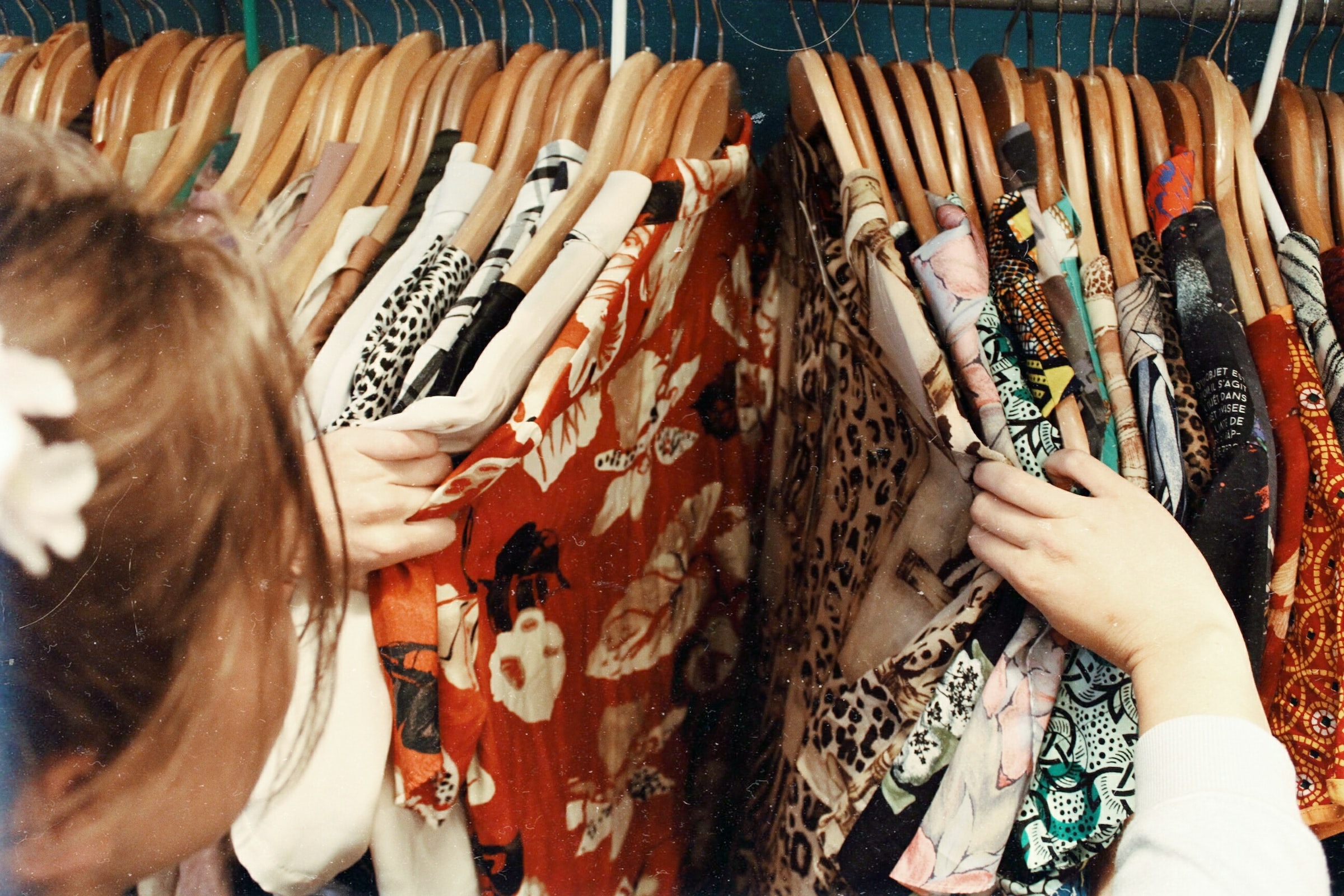
As online sellers continue to use dropshipping on sites like Depop, Life&Style’s Kitty Jackson assesses the unethical and unsustainable nature of this practice
When I told my mum that I was writing an article about dropshipping, she thought that I was referring to Amazon’s latest delivery mission, involving the use of drones to drop people’s parcels directly into their gardens. That is not what I mean by dropshipping, but this practice speaks to a similar facet of the modern psyche; the one that wants things cheaply and easily, with minimal concern for any wider impacts. Dropshipping, which has become increasingly common, involves selling clothing (on a site such as Depop) that the ‘seller’ does not own or make themselves. Instead, it is ordered directly from a third party supplier, typically AliExpress. This is a Chinese website selling cheap items which are produced in factories that have little concern for the treatment of their workers, or the environment.
“For shoppers seeking a more ethical way to shop by using Depop, dropshipping is misleading and frustrating
Depop has seen soaring success and popularity in recent years, particularly among the younger generation. A ThredUp report has predicted that 18-37-year-olds are buying second hand clothing 2.5 times more quickly than other age groups. Alongside the opportunity to find unique clothes and make money from the ones we no longer wear, one of the primary aspects and appeals of Depop is the opportunity to shop sustainably. Rather than creating demand for new items, reselling sites such as Depop are instead extending the life cycle of the products we already have. These sites form a central feature of the circular economy that we need to shift towards in order to create a future that puts less pressure on the Earth’s resources.
But this is disrupted significantly by dropselling. AliExpress offers products from a variety of companies, with little information available as to where these items have really come from or if they were ethically made. It is safe to assume that they are not sustainable or ethical products. In fact, some suggest that it is likely that fast fashion sites source their items from the site. So, for shoppers seeking a more ethical way to shop by using Depop, dropshipping is misleading and frustrating to encounter.
“Another damaging impact of dropshipping…is the knock-on effect on the designers whose original pieces are copied
Another damaging impact of dropshipping, again not dissimilar to the harm caused by fast fashion, is the knock-on effect on the designers whose original pieces are copied, manufactured badly, and sold for a fraction of the price. Not only is this creatively wrong, but the longevity of their designs is harmed when their style becomes a passing ‘trend’, with garments often discarded within months because the lower price of poor imitations can make them seem disposable. Sellers may even believe that they are buying a genuine item, likely causing them to be unimpressed with the quality they receive, tarnishing the brand’s reputation.
When you google dropshipping, you are inundated with videos on how to use it as a business tactic, suggesting that, rather than being a scam, it is in fact a clever marketing practice. And in reality, it is. It is ‘handsfree’, less risky as buyers do not need to invest in products that might not sell, and it removes the high initial costs of investing in stock. But dropshipping is also a dishonest selling practice. Considered alongside its wider negative implications, dishonesty may seem minor, but at a time in which we desperately need increased transparency in fashion, it is disappointing nonetheless. Dropshippers are often unsure of the quality of the clothing they ‘sell’, and market it in a misleading way by selling on sites that specialise in pre-loved or handmade items, to people who have chosen not to turn to fast fashion in a bid to prevent worsening the damage that it creates. Unknowingly buying from dropshippers means these buyers are putting money into the very industry they aim to avoid.
“Shoppers are particularly vulnerable, and dropshippers particularly profitable, due to lockdown
Depop has officially banned dropshipping, and advises users to report dropshipping shops if they are spotted. Unfortunately, the huge proportion of sellers that appear to be using the dropshipping model reveal that this effort has not been as successful as perhaps hoped. Sellers are reportedly now bulk-ordering the items, meaning that they technically do pass through their hands, while the ethical impact remains unchanged. Shoppers are particularly vulnerable, and dropshippers particularly profitable, due to lockdown, which has positioned online shopping as the safest way to purchase pre-loved clothing.
So how can you avoid falling for dropshipping sellers? Some of the tell-tale signs include:
- Pieces which are copies of designer or popular styles
- Clothes that are extremely on trend – to the degree that they are similar to what fast fashion brands are selling contemporaneously
- Photos that are all different or obviously taken from other websites or influencers
- Multiple sizes available
- Long shipping times
- Evasive product information
As Depop has become increasingly popular, a plethora of similar problems have emerged. For example, Depop businesses have often been criticised for reselling items from charity shops in low-income neighbourhoods for hugely inflated prices. The fact that these issues are emerging from a platform which ostensibly encourages more ethical and sustainable consumer practices, highlights the inevitable difficulties that will accompany a shift towards a circular economy, unless a fundamental change is made.
Like this article? Read more on sustainable fashion from Life&Style:

Comments